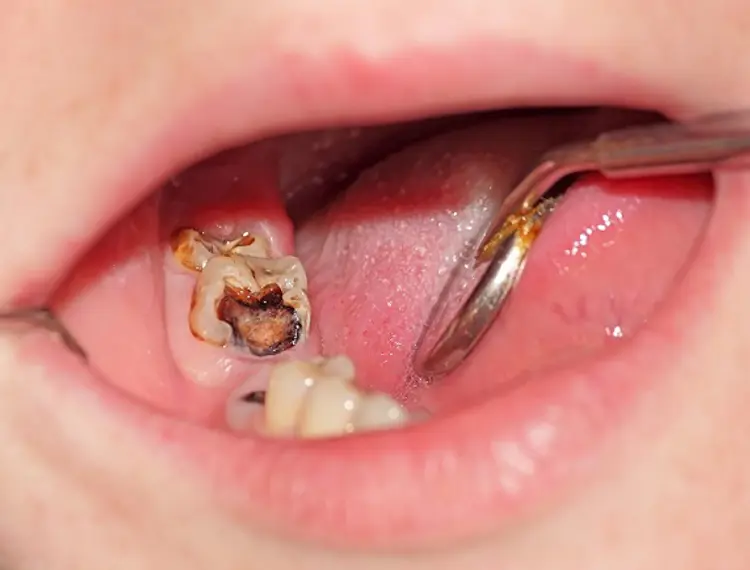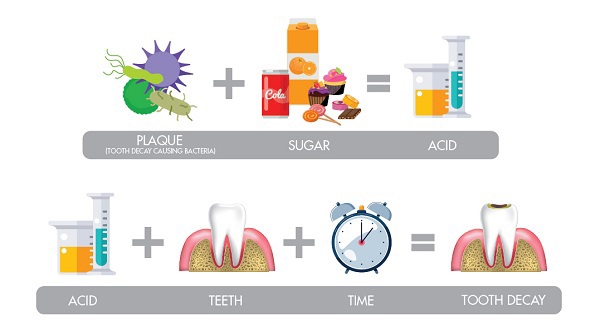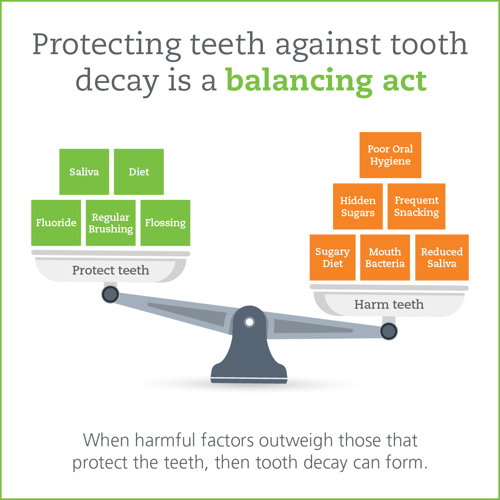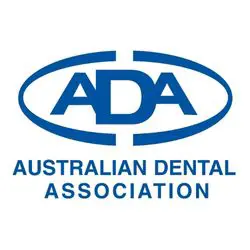
Key messages
- Tooth decay is a diet-related disease. It is almost entirely preventable.
- Mouth bacteria use the sugar from our foods and drinks to make acids that attack the teeth.
- Tooth decay develops when factors that damage the teeth are greater than factors that protect the teeth.
- Tooth decay can be stopped if it is found when it is just starting to develop.
- You may need a filling to replace the part of the tooth damaged by tooth decay.
Tooth decay is a disease that is strongly related to what we eat and drink. It is the most common chronic disease in Australia. But you can almost completely prevent it.
How does tooth decay occur?
Tooth decay is caused by different factors working together.

Millions of bacteria live inside the mouth. Certain mouth bacteria cause tooth decay. One of the most common bacteria is Streptococcus Mutans.
The bacteria use sugar from foods and drinks to make acid. The acid made by bacteria attacks the teeth. It causes the minerals in tooth enamel to dissolve. This is known as demineralisation. When the minerals are dissolved, the tooth’s surface becomes weaker. This happens every time you have foods or drinks that include sugar.
Tooth decay can develop if the teeth are attacked by acids frequently and the teeth do not have enough protection. Saliva and fluoride help to protect the teeth. They do this by stopping the acids and putting minerals back into the tooth’s surface. We call this process remineralisation.
The development of tooth decay is a balancing act. When the harmful factors outweigh the protective factors, that is when tooth decay can occur.
Factors that increase the risk of tooth decay
- Poor oral hygiene
- Hidden sugars in foods and drinks
- Frequent snacking
- A diet filled with sugary foods
- Decay-causing mouth bacteria
- Reduced saliva
Factors that protect and decrease tooth decay risk
- Regular brushing
- Cleaning between the teeth, e.g. flossing
- Saliva
- Diet
- Fluoride

How can you prevent tooth decay?
You can protect and care for your teeth and gums by following the 4 steps recommended by the Australian Dental Association.
- Brush your teeth two times every day using a fluoride toothpaste.
- Clean between the teeth every day.
- Eat a healthy diet that is low in sugar.
- Visit the dentist regularly.
Fluoride is a very important factor in the prevention of tooth decay. It is best to use a fluoride toothpaste when brushing your teeth. Spit out the excess toothpaste after brushing but do not rinse your mouth with water. This keeps a layer of toothpaste on the surface of the teeth and protects the teeth for longer.
Tap water is a tooth-friendly drink. This is because it has fluoride added to help protect and strengthen teeth.
How does diet influence tooth decay?
Some foods and drinks increase the risk of tooth decay developing. Sweet treats such as cakes, biscuits, and lollies that contain sugar can increase your risk of developing tooth decay. However, many foods that you might think of as healthy can contain a lot more sugar than you expect. Watch out for sugars hidden in foods such as breakfast cereal, bread and pre-made sauces. There are many types of sugar that can cause tooth decay. This includes honey and syrups. Sugary drinks can also cause tooth decay, including:
Frequently snacking on these foods or sipping on sugary drinks can do the greatest damage to your teeth. This is because the teeth are exposed to sugar often and the teeth do not have time to recover before being exposed again.
Fruit contains natural sugar. Fresh fruit is less likely to contribute to tooth decay than sugar that is added to foods and drinks. Fresh fruit is a more tooth-friendly food option than dried fruit or fruit juice. Dairy foods such as milk and cheese are also tooth-friendly options. Cheese contains minerals that can help to protect the teeth.
How is tooth decay treated?
If your dentist tells you that you have tooth decay, you may need a filling. This filling will replace the damaged part of the tooth. The soft tooth decay will be cut out of the tooth and a filling material is placed in the space.
Your dentist may be able to help you to try and stop the tooth decay from developing further if the decay is found when it is just starting to develop. You may not need a filling if the tooth decay process is stopped. However, a white or brown mark may remain on the tooth. This is like a scar from the early stages of tooth decay. This is why it is important to see your dentist regularly.


